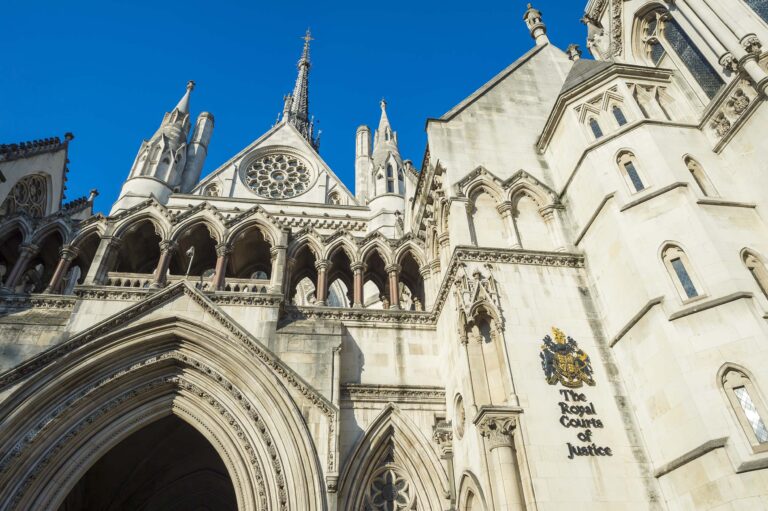Legislation and the National Planning Policy Framework (NPPF) provide strong protections for designated and undesignated heritage assets, ranging from listed buildings and conservation areas, registered parks and gardens, and scheduled ancient monuments to undesignated heritage assets or those on a local heritage list.
Heritage protections extend to nationally designated listed buildings and structures and to conservation areas. Buildings may be listed for several reasons:
- Architectural interest (such as design, decoration or craftsmanship).
- Historic interest (for example, if the building is representative of a particular type).
- Historic association (association with nationally important people or events).
- Group value (part of a larger ensemble).
We help clients use these protections and the extensive heritage case law to provide compelling planning objections to development that harms heritage assets leading to a refusal of planning consent either by the Local Planning Authority or a Planning Inspector.
A key area where objections can lead to a planning application being refused is where there is harm to the setting of a heritage asset even where there is no direct harm to the building or structure itself.
Conservation areas are areas that have been designated as being of special architectural or historic interest, the character or appearance of which it is desirable to preserve or enhance. Conservation area controls apply in addition to normal planning controls.
Heritage protection is a devolved matter, with Historic England advising on matters in England and Cadw advising on matters in Wales. Not all applications are referred to the statutory bodies and often Local Planning Authority conservation officers or heritage advisors are involved in the assessment of heritage harm. In England, Historic England maintains a list of nationally protected buildings and sites as well as a register of historic parks and gardens of particular significance. In Wales, a list of National Historic Assets is maintained by Cadw.
To assist in formulating objections on heritage harm, we may instruct heritage experts and consultants to address heritage harm from a planning application or appeal and review a developer’s heritage assessment to identify deficiencies in the assessment.
Meet the team
The team has extensive experience dealing with heritage matters. Please get in touch if you have any heritage queries.
Get in touch
Example Cases
Successful challenge to dwellings in listed building grounds
R (Kinnersley) v Maidstone Borough Council
Court of Appeal quashes planning permission for residential conversion in grounds of listed building
Parish Council stops conversion of historic pub
The White Cliffs Hotel, St Margaret’s at Cliffe, Dover
Swift intervention results in removal of condition prohibiting community access
Holocaust Memorial for Victoria Tower Gardens
London Historic Parks and Gardens Trust v Minister for Housing
Proposed Holocaust Memorial and Learning Centre contravenes Act of Parliament
Protection of Great Musgrave Bridge, Cumbria
HRE Group objections to retrospective planning permission for bridge infilling
Retrospective planning permission refused for concrete bridge infilling of Great Musgrave Bridge
Shadingfield Intensive Poultry Unit
R (Keating) v East Suffolk Council
Successful challenge to industrial "broiler" chicken farm in East Suffolk.
Cambridge busway realignment objection
CSET busway realignment, Cambridge
Change to Cambridge bus route re-alignment following detrimental heritage impact advice.
Kent Coast Development - Flood Risk Assessment
R (Martin) v Folkestone And Hythe District Council
Application of Sequential Test in Assessment of Flood Risk.
Devon hotel redevelopment objection
Lee Bay Hotel; application for demolition and proposed housing development
Plans to demolish and redevelop Lee Bay Hotel unanimously refused.
Controversial Torquay Pavilion scheme quashed
R (Law) v Torbay Council
Council’s incorrect reliance on mitigation measures on protected habitat impact agreed unlawful.
I would like to express my sincere gratitude to you for the excellent objection letter submitted on behalf of your clients.




